Articles
Knowledge Center
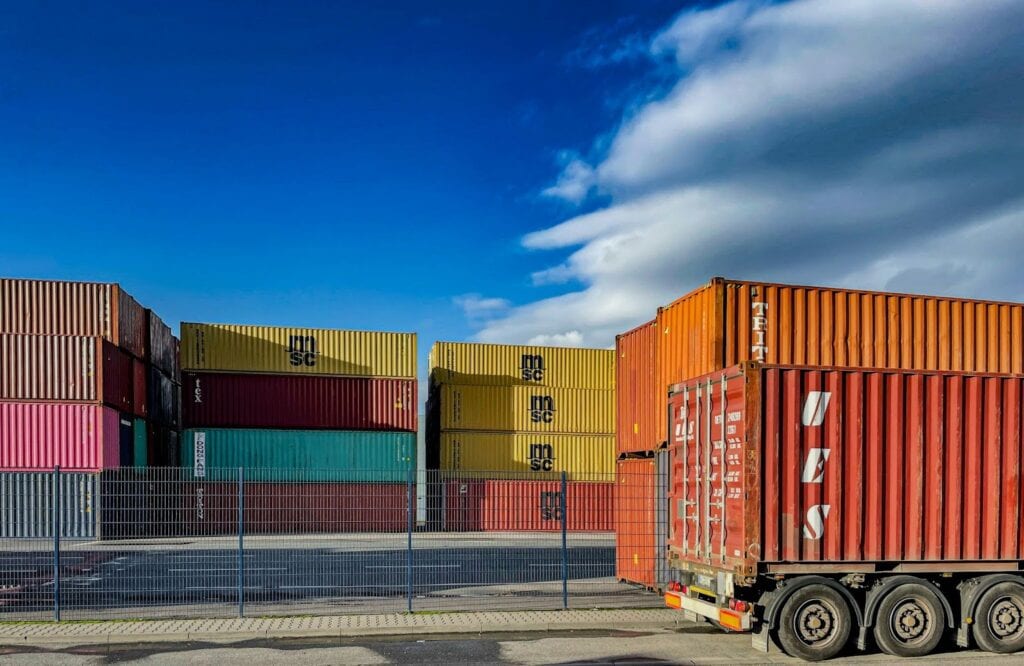
LCL: Meaning, Benefits, and Booking Process
Less than Container Load (LCL) is essential for global logistics, providing cost-effective and flexible shipping options for businesses with smaller cargo volumes.
Read More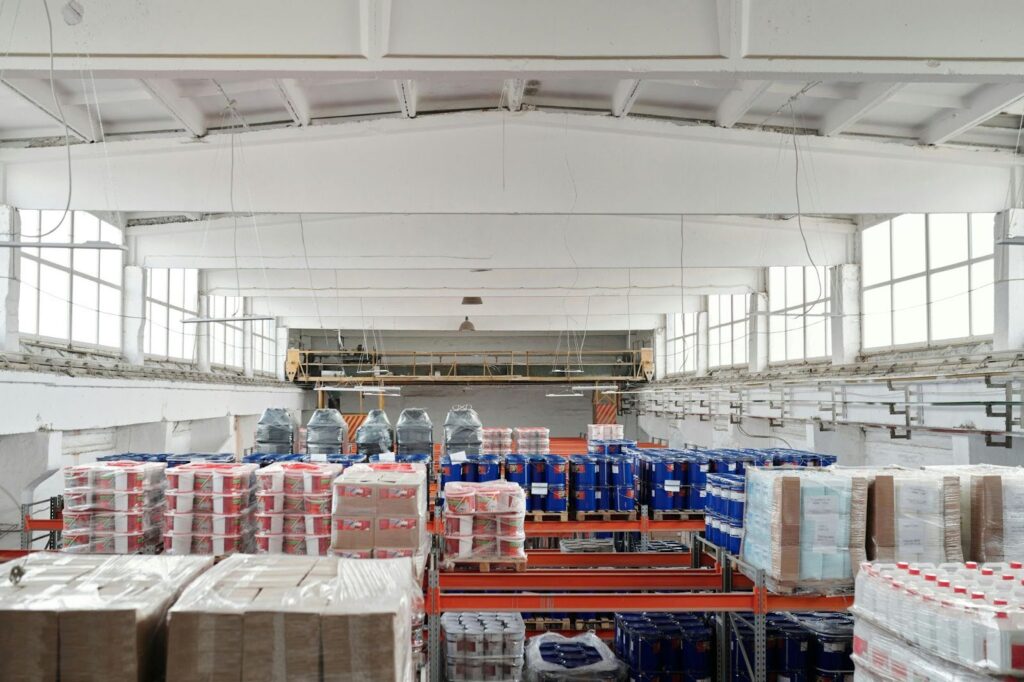
Logistics vs. Distribution: Their Key Similarities and Differences
Distribution and logistics are integral aspects of supply chain management, yet it’s important to recognize that these terms aren’t interchangeable. While both oversee the movement of goods within the supply chain, they possess distinct meanings. Contrasting distribution with logistics offers a valuable opportunity to grasp their unique definitions and disparities. Businesses need to discern between […]
Read More
FTL in Logistics: Definition, Benefits, and How to Use
This guide aims to provide a comprehensive overview of FTL shipping, including its definition, benefits, and practical usage. We will equip readers with the knowledge to navigate the logistics terrain confidently.
Read More
Friendshoring: Definition, Benefits, and Challenges
Friendshoring is shaping international trade by reinforcing supply chains and fostering economic ties. It boosts supply chain resilience and strengthens diplomatic relations, helping businesses manage global market complexities. However, challenges like higher costs and limited country choices require careful consideration.
Read More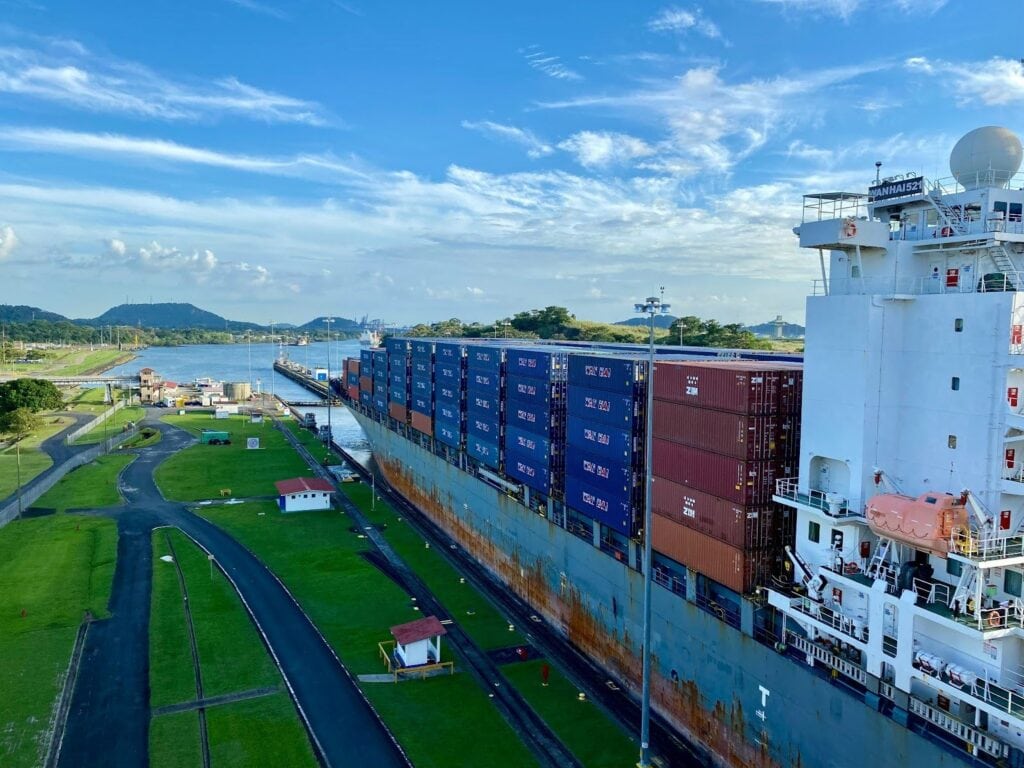
Forwarder’s Bill of Lading: What It Is, Key Components, and the Role of Freight Forwarders
In shipping and logistics, documentation reigns supreme, with the bill of lading playing a pivotal role. This legally binding document isn’t just a piece of paper; it’s the backbone of international shipment, encompassing a variety of forms such as the master bill, straight bill, switch bill, charter party bill, and ocean bill. Among these, the […]
Read More
6 Types of Wholesaling: A Comprehensive Guide
Wholesaling is vital to the supply chain, connecting manufacturers with retailers and consumers. It involves buying goods in bulk from manufacturers and wholesale selling them in smaller quantities to retailers or other wholesale businesses. There are different types of wholesaling, each serving different purposes and markets. This comprehensive guide will explore six kinds of wholesaling […]
Read More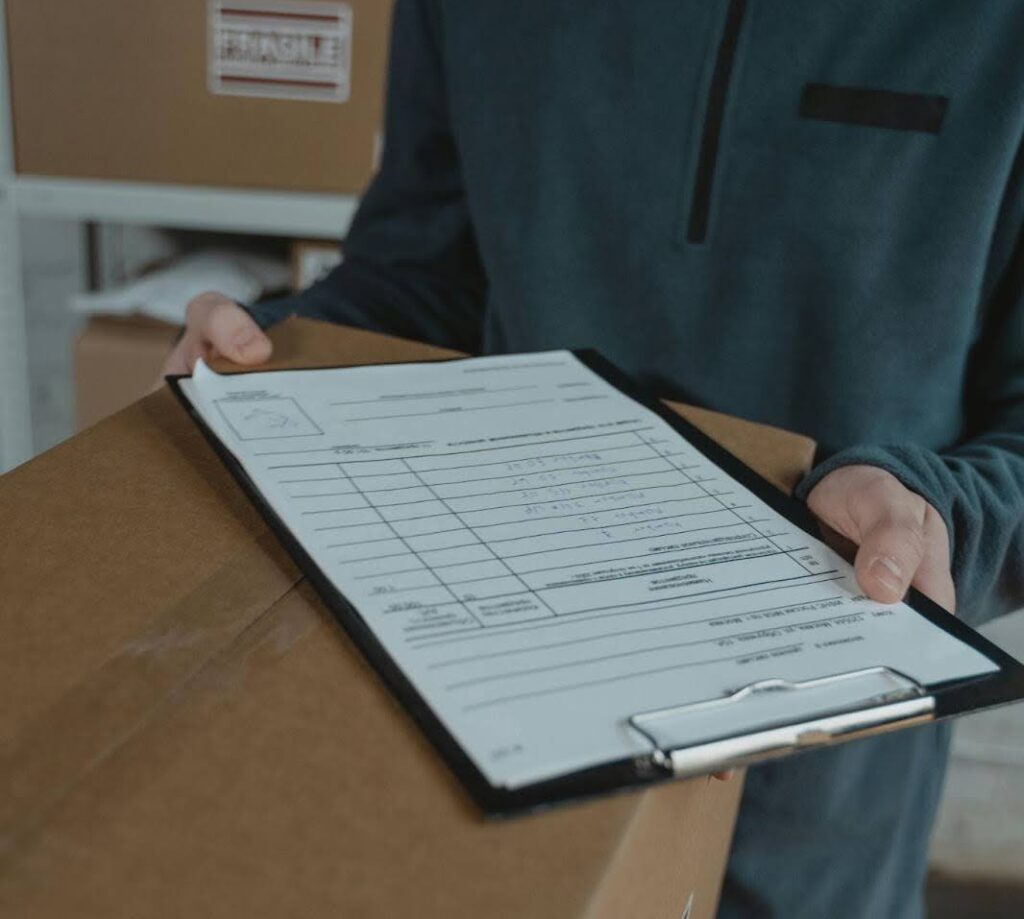
Through Bill of Lading: What It Is, Functions, and When to Use It
A Through Bill of Lading is a comprehensive contract for shipping goods across multiple modes of transportation, from origin to final destination. Mastering shipping documentation, including Through Bills of Lading, is important for success in the commercial shipping and logistics industry.
Read More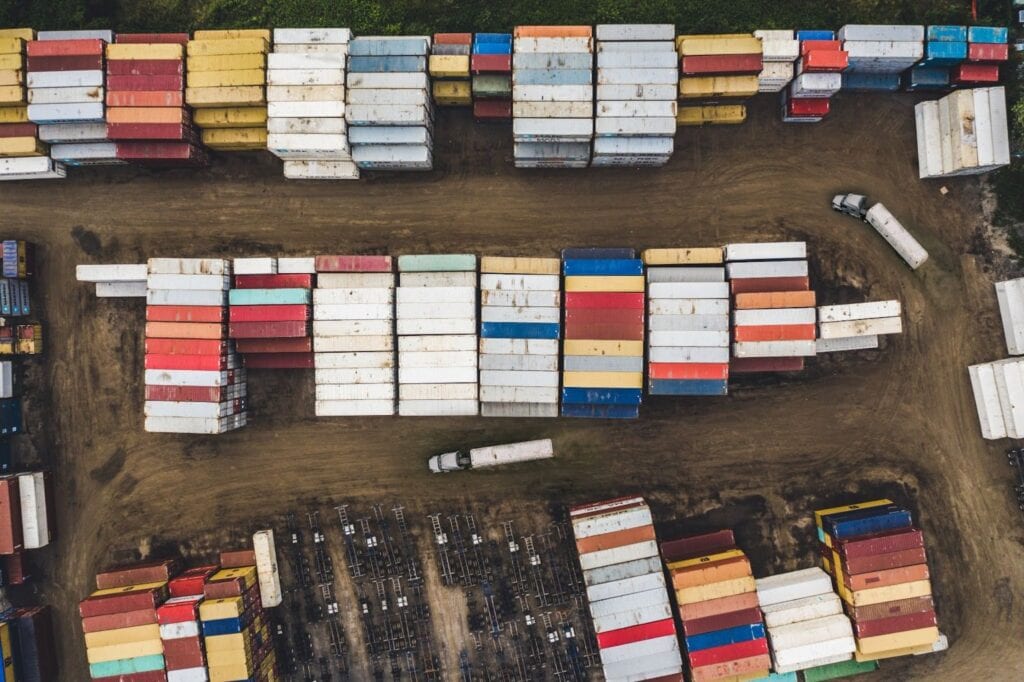
Sustainable Supply Chain: Definition, Components, and Benefits
Businesses across various industries increasingly prioritize sustainability in commercial shipping and logistics. Sustainable supply chain management now stands at the forefront of strategic planning, driven by consumer demand for environmental responsibility and fair labor practices. Companies recognize that adopting sustainable practices addresses climate change and social responsibility, leading to cost savings and improved financial performance. […]
Read More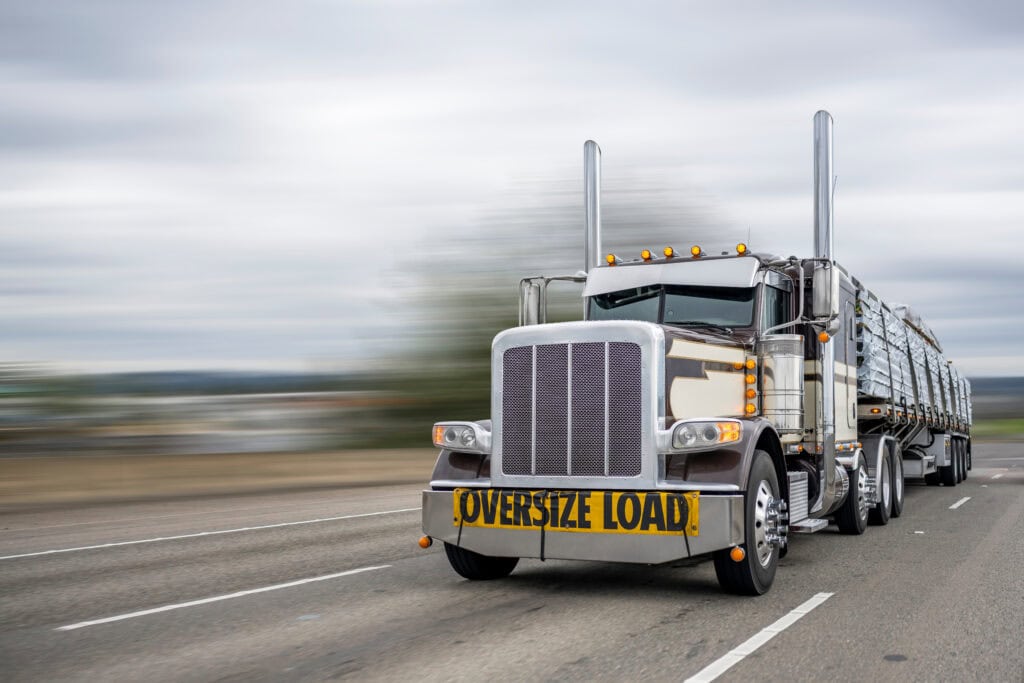
Conestoga Trailers: Definition, Types, and Advantages
Conestoga trailers are a testament to innovation in the trucking industry, transforming the way we transport goods with efficiency and care. With their unique retractable tarping system that shelters goods from the elements while facilitating easy loading and unloading, these trailers have become a linchpin in moving freight efficiently. A survey highlighted that about 65% […]
Read More
Bill of Lading vs. Waybill: Their Key Differences
Documentation serves as the backbone of the intricate web of global trade and logistics, ensuring the smooth flow of goods from one point to another. The bill of lading and the waybill are essential documents in this realm. Understanding the disparities between these documents is essential for anyone involved in shipping and logistics operations. Understanding […]
Read More
Advance Shipping Notice: Definition, Role in Supply Chain Management, and Benefits
Efficient communication and documentation are the backbone of successful shipping and logistics operations. Staying ahead in today’s fast-paced commercial environment requires adopting advanced tools and strategies. One such tool is the Advance Shipping Notice (ASN), which is important in modern supply chain management. This comprehensive guide will explore ASNs, their significance, benefits, and impact on […]
Read More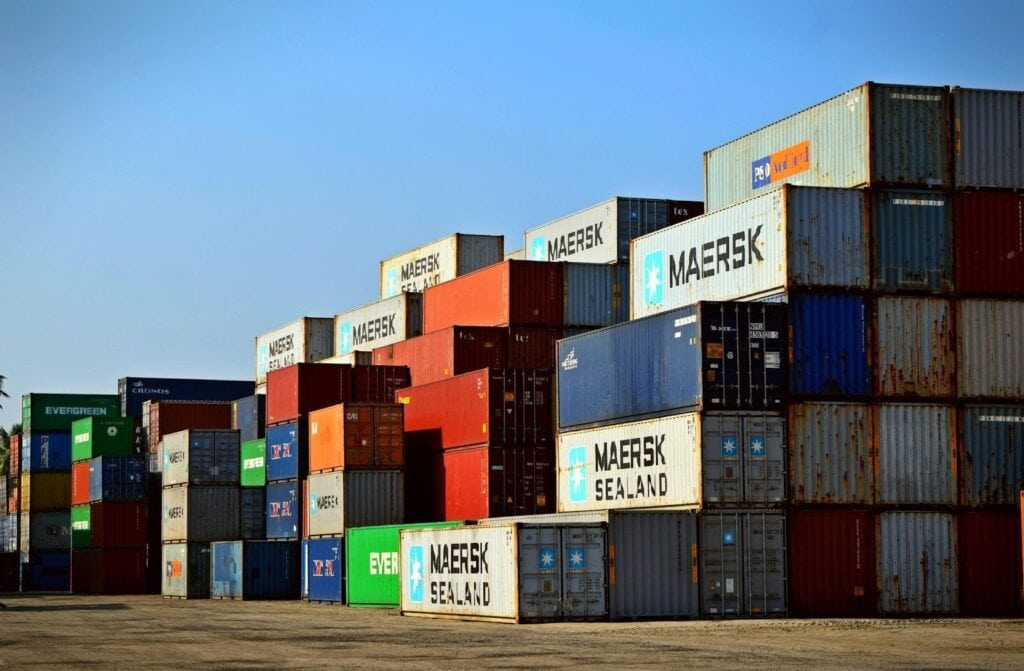
Supply Chain Resilience: Definition, Strategies, and Best Practices
Supply chain management faces unprecedented challenges in today’s global market, from natural disasters to fluctuating markets. A robust approach to these hurdles is not just beneficial but necessary. Resilience in supply chains allows businesses to respond swiftly and effectively to unforeseen disruptions, maintaining operational continuity and safeguarding revenue streams. Companies that improve supply chain resilience […]
Read More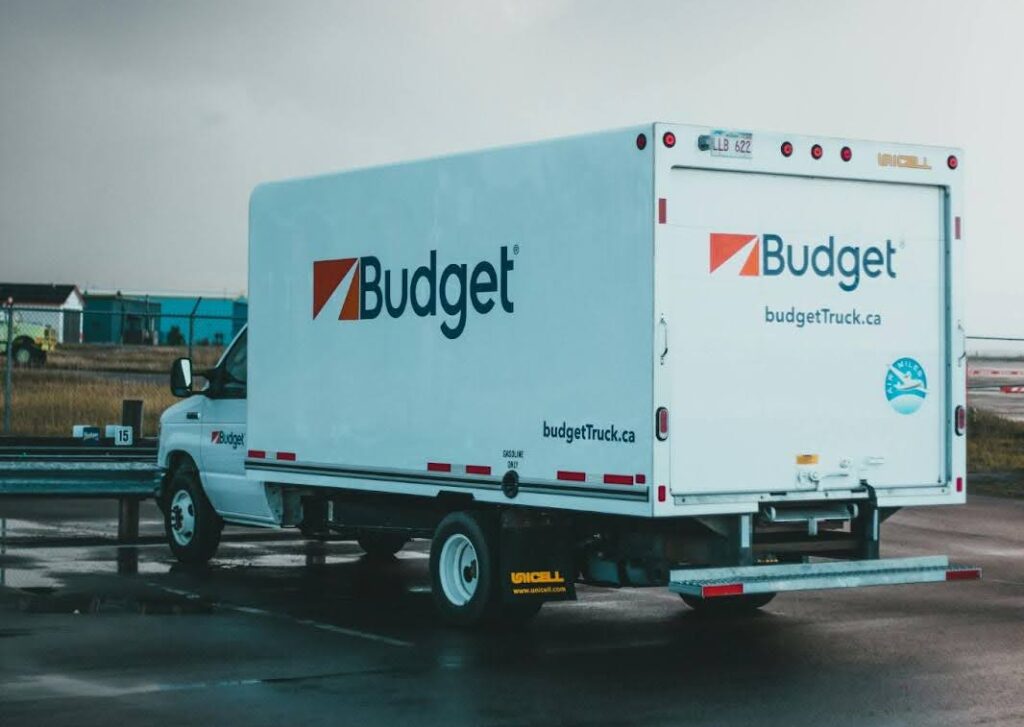
Box Trucks: Definition, Types, and Cargo
Box trucks, also known as cube or straight trucks, are the core component of the logistics industry. Their box-like cargo area makes them a favorable choice for wholesalers and manufacturers. They are helpful for local deliveries and long-haul transportation. Box trucks facilitate the movement of goods and materials with ease. Their versatility, accessibility, and capacity […]
Read More
Straight Bill of Lading: Definition, Significance, and Characteristics
The straight bill of lading provides a clear record of a shipment’s journey and defines ownership during transit. Understanding the straight bill of lading can help you find a way to resolve the complexities of the shipping process.
Read More
Distribution Channels in Logistics: Definition, Types, and Components
Distribution channels in logistics are the lifelines that connect the dots between production and consumption, ensuring that goods find their way to the final customer efficiently and effectively. These channels are not just routes on a map but the strategic networks underpinning efficient supply chain management. They make sure that inventory management aligns with customer […]
Read More
Master Bill of Lading: What It Is, Key Features, and Issuing Process
In navigating the complexities of global shipping and logistics, the Master Bill of Lading emerges as a cornerstone document, orchestrating the seamless movement of goods across oceans.
Read More
What is Cartage in Shipping and Logistics? Definition, Types, and Process
Cartage services play a crucial role in enhancing the efficiency and effectiveness of cargo transportation, especially over short distances. Through various types, such as local, terminal, and pier cartage, these services ensure that freight reaches its final destination promptly and securely.
Read More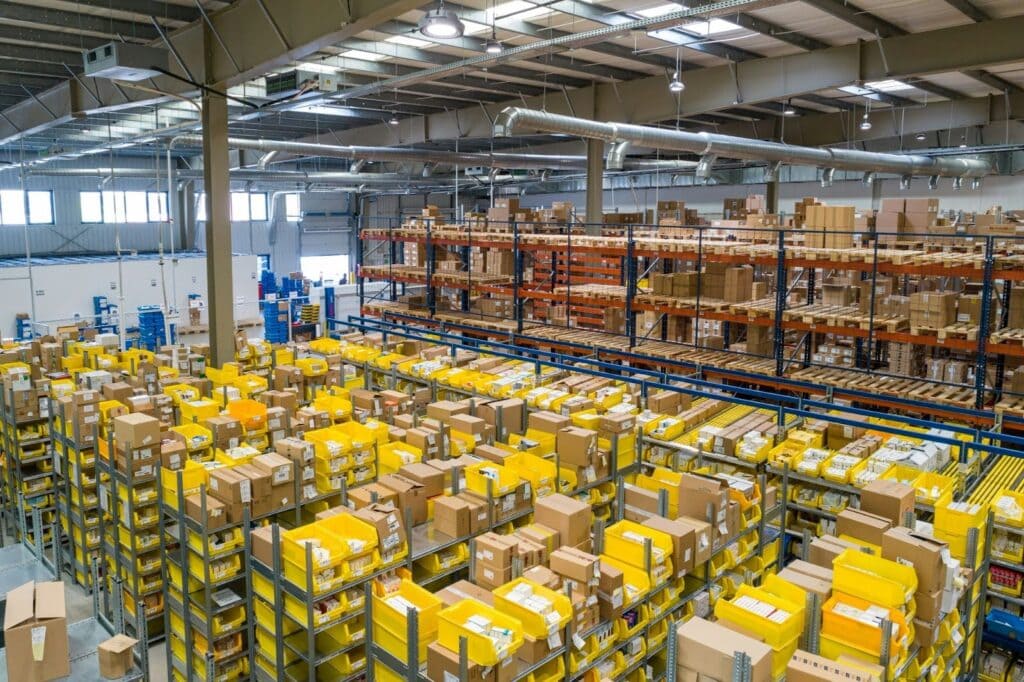
What is Flexible Warehousing? Definition, Benefits, and What to Look For
Flexible warehousing stands at the forefront of modern logistics, offering scalability, cost savings, and operational efficiency. It empowers businesses to swiftly adapt to changing market demands and seasonal fluctuations without the long-term commitments of traditional warehousing.
Read More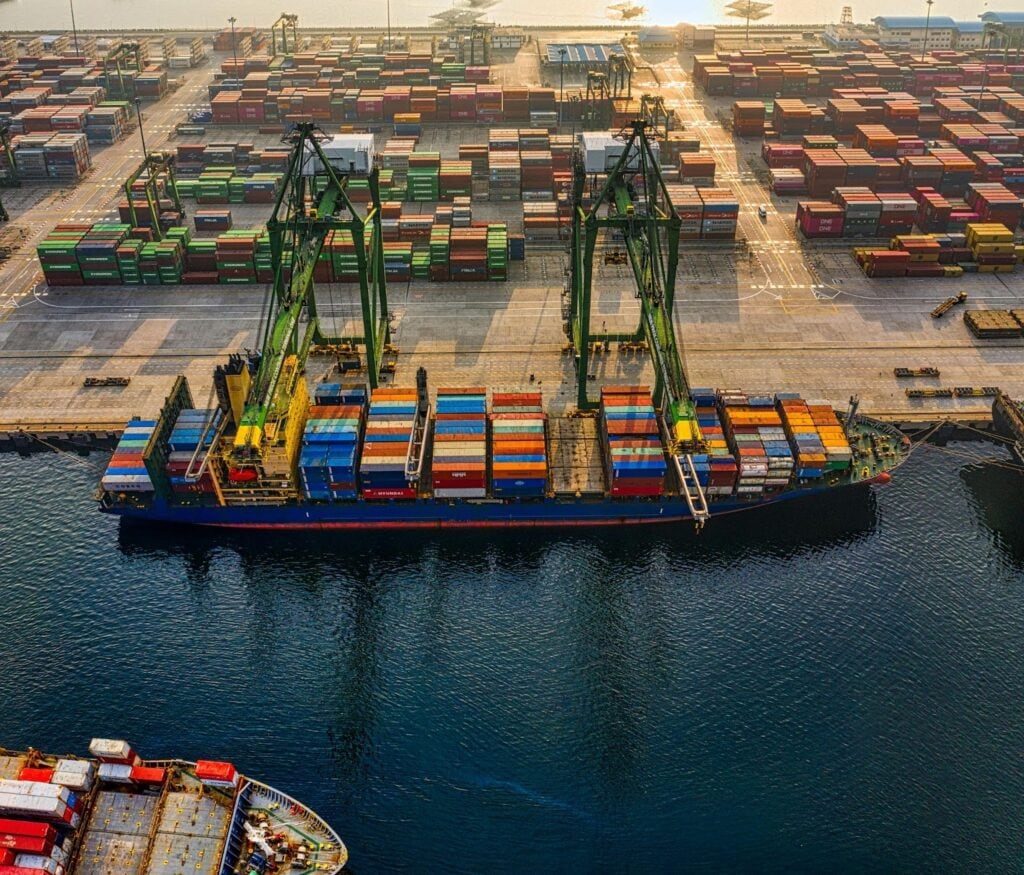
Surrender Bill of Lading Explained: Benefits, Applications, and Role in Shipping
Understanding the complexities of global shipping demands a thorough understanding of documents like the surrender bill of lading. This guide explains its role in transferring legal ownership, streamlining the shipping process, and minimizing legal problems.
Read More
Stale Bill of Lading: Definition, Importance, and Benefits
A bill of lading plays a pivotal role in logistics and shipping. This legal document, which serves as a receipt for the shipment of goods, outlines the terms under which cargo is transported. It covers various types, from straight bills to negotiable ones, each with specific functions and purposes. Central to ensuring a smooth transaction, […]
Read More